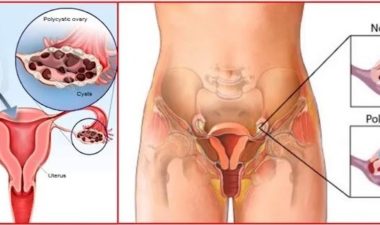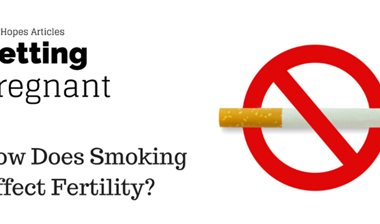Human Papilloma Virus (HPV) is a virus. Viruses cause infection by entering cells and taking over the cell’s ability to function normally. HPV infection is a viral infection that commonly causes growths on the skin (warts), and in some cases can cause cancer. There are more than 100 types of human papillomavirus (HPV).
Most HPV infections do not lead to cancer, but some types of genital HPV can cause cancer of the cervix. Other types of cancers, including cancers of the anus, penis, vagina, vulva and back of the throat, can also be caused by HPV.
These infections are often transmitted sexually or through other skin-to-skin contact. There are vaccines now available that can help to protect against the types of HPV most likely to cause genital warts or cervical cancer.
Symptoms
Warts
In most cases, the body’s immune system clears the body of HPV before it can cause disease. HPV infection can manifest as warts. Genital warts are growths that appear on the outside of the vagina or on the penis. Warts can also spread to nearby skin and can grow around the anus, the vulva, vagina or on the cervix. They may cause itching or slight pain, but most cause no symptoms at all.
Genital warts are treated mainly with medication or surgery.
Cervical cancer
The immune system fights most HPV infections and clears them from the body usually within two years. Nearly all cancers of the cervix are caused by HPV infections, but cancers may take 20 years or longer to develop after an HPV infection.
Because early cervical cancer does not cause symptoms, it is vital that women have regular screening tests to detect any precancerous changes in the cervix that might lead to cancer. The most common screening test is a yearly pap smear.
Vaccines against HPV infection are available and is the best protection against cervical cancer.
HPV infection occurs when the virus enters your body, usually through a cut, abrasion, or small tear in your skin. The virus is transferred primarily by skin-to-skin contact.
Genital HPV infections are contracted through sexual intercourse, anal sex, and other skin-to-skin contact in the genital region. Some HPV infections that result in oral or upper respiratory lesions are contracted through oral sex.
Warts are also contagious. They can spread through direct contact with a wart or something that has already touched a wart.
PREVENTION
Genital warts
You can reduce your risk of developing genital warts and other HPV-related genital lesions by:
- Being in a mutually monogamous sexual relationship
- Reducing your number of sex partners
HPV vaccines
Three HPV vaccines have been approved for the prevention of HPV infection. One has been approved for use in males and females ages 9 years and older to protect against cervical cancer and genital warts.
The Centers for Disease Control and Prevention (CDC) recommends routine HPV vaccination for girls and boys ages 11 and 12, although it can be given as early as age 9. It is ideal for girls and boys to receive the vaccine before they have sexual contact and are exposed to HPV. Research has shown that receiving the vaccine at a young age is not linked to an earlier start of sexual activity.
Also, response to the vaccine is better at younger ages than older ones. But, if given before someone is infected, the vaccine can prevent most cases of cervical cancer.
The HPV vaccine is available at Reproductive Solutions.



